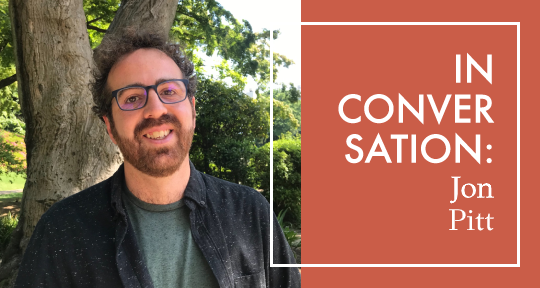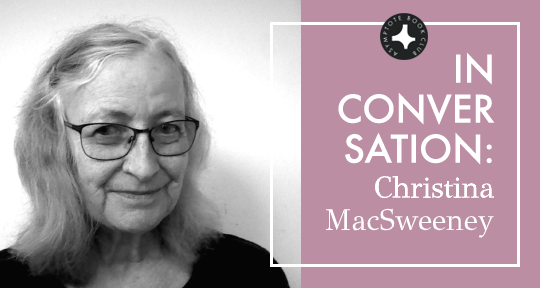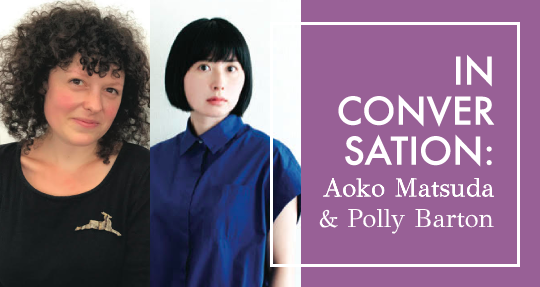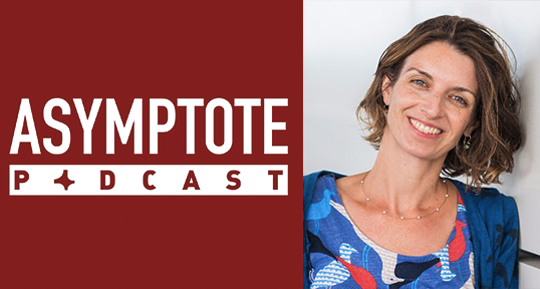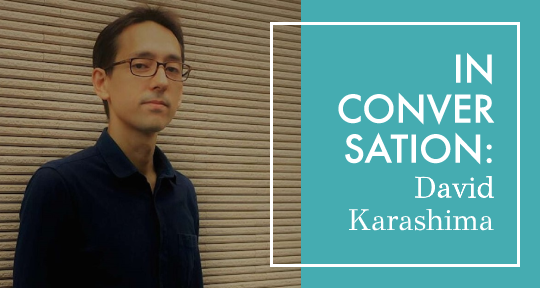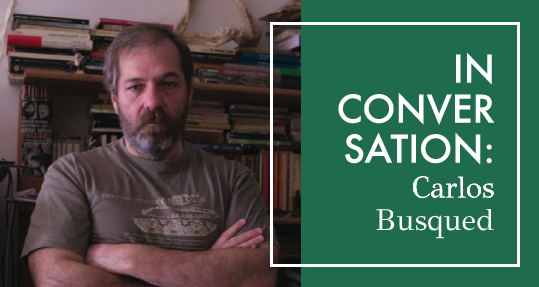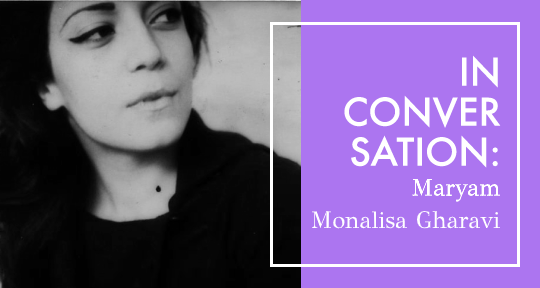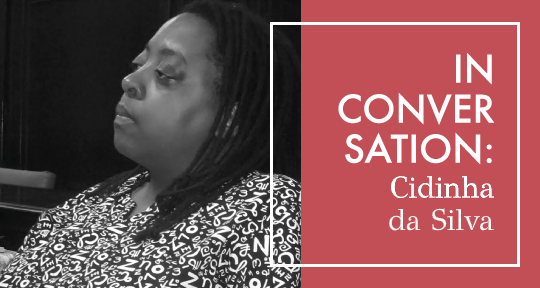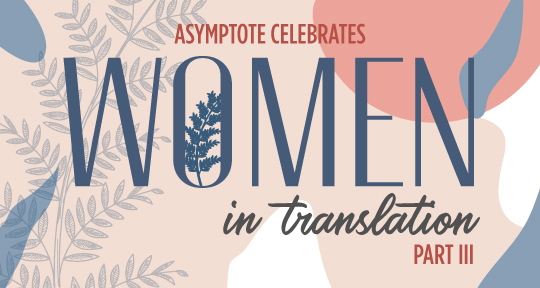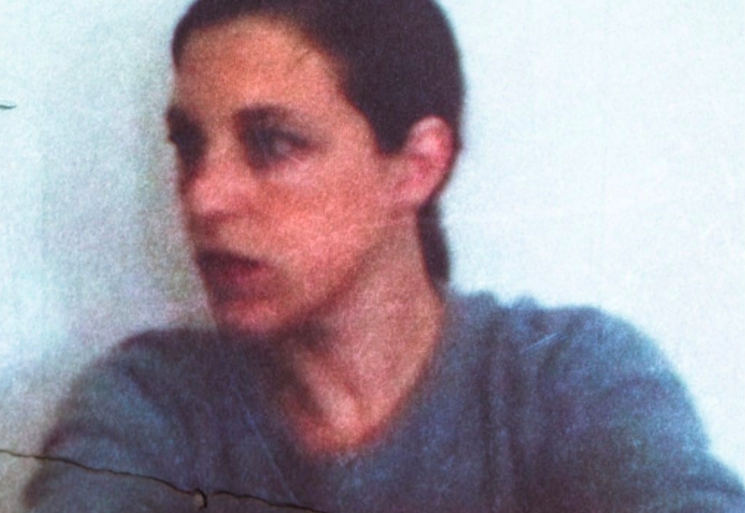Itō Hiromi is one of the most well-known figures in contemporary Japanese literature, having made her mark with sensational and unabashed poetry, widely ranging essays, and award-winning novellas. In the essay published in our Fall 2020 issue, “Living Trees and Dying Trees,” she brings the reader from California to Kumamoto and back again, observing the changes of her life and nature in tandem—the distinction of which are rendered, at times, indistinguishable.
The most recent edition of the Asymptote Educator’s Guide features a lesson plan for “Living Trees and Dying Trees,” which encourages students to engage with this work in distinguishing intercultural patterns, identifying literary forms, and discussing translation and migration. Educator’s Guides are published alongside each issue of Asymptote, and include teaching ideas for educators who want to bring world literature to their classrooms; each Asymptote piece introduced in the guide is accompanied with contextual information. possible discussion questions, and writing prompts.
Jon Pitt, the translator of “Living Trees and Dying Trees,” is a professor of Japanese Environmental Humanities, and has long studied the intersections between literature and ecology. In the following interview, Asymptote Educational Arm Assistant Mary Hillis speaks with him about the resonances of environmentalism and migration in both Itō’s work and Japanese literature overall, as well as the increasing entwinement between ecology and art in the Anthropocene.
Mary Hillis (MH): I understand that in addition to working on a translation of Itō Hiromi’s Kodama Kusadama (Tree Sprits Grass Spirits), from which “Living Trees and Dying Trees” is excerpted, you are a professor of environmental humanities. How did you initially become interested in the environmental humanities? And how does this field relate specifically to Japanese literature, film, and sound?
Jon Pitt (JP): I became interested in the environmental humanities while I was pursuing my Ph.D. I entered graduate school with the intention of researching representations of city life in Japanese literature, but along the way I discovered that representations of the “natural” were just as compelling and complex. I started thinking about trees and how they appeared in so many of the novels I was reading, wondering what would happen if I took them seriously—as more than mere scenery or background to human action. When reading scientific texts about trees and forests, it struck me how new readings of literature might be possible if put into dialogue with scientific writing. I gradually learned that this kind of interdisciplinary approach was one of the key tenants of the environmental humanities, and that there was a growing number of scholars looking for ways to approach the study of literature or film by decentralizing the human.
Engaging with Japanese literature (or film or sound media) through an environmental lens helps address a paradox that many critics have pointed out over the years: namely that there exists a persistent myth of Japanese culture stemming from a unique, “harmonious,” relationship to the natural world, in spite of serious environmental degradation and resource extraction that stretches back centuries. How can both of these things be true? How have artists helped to promote a certain relationship with nature that may hide darker histories of violence against the natural world? I think the environmental humanities help us better understand these kinds of questions. READ MORE…

